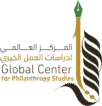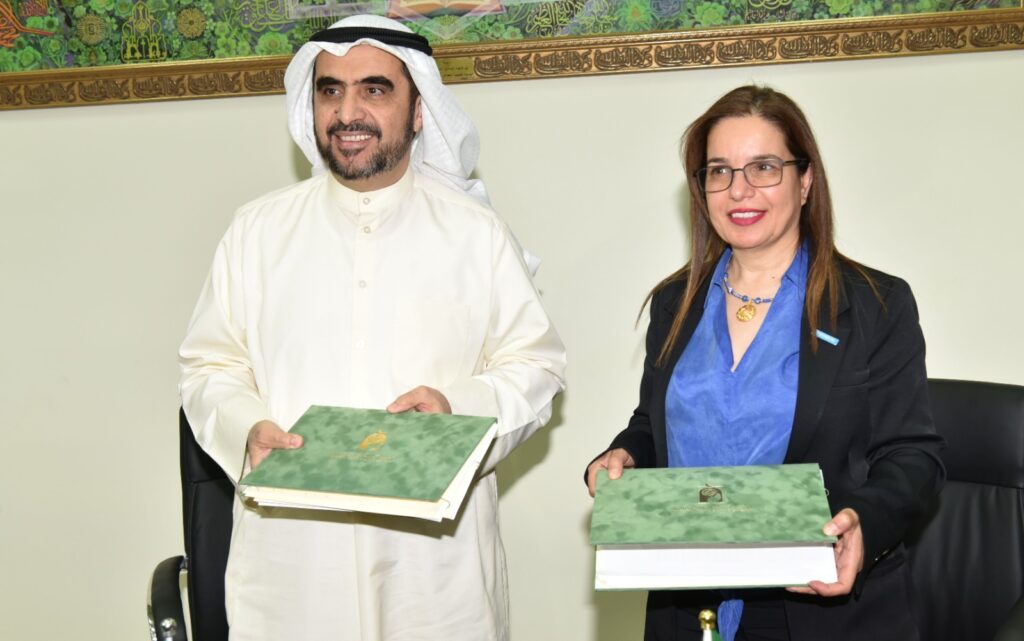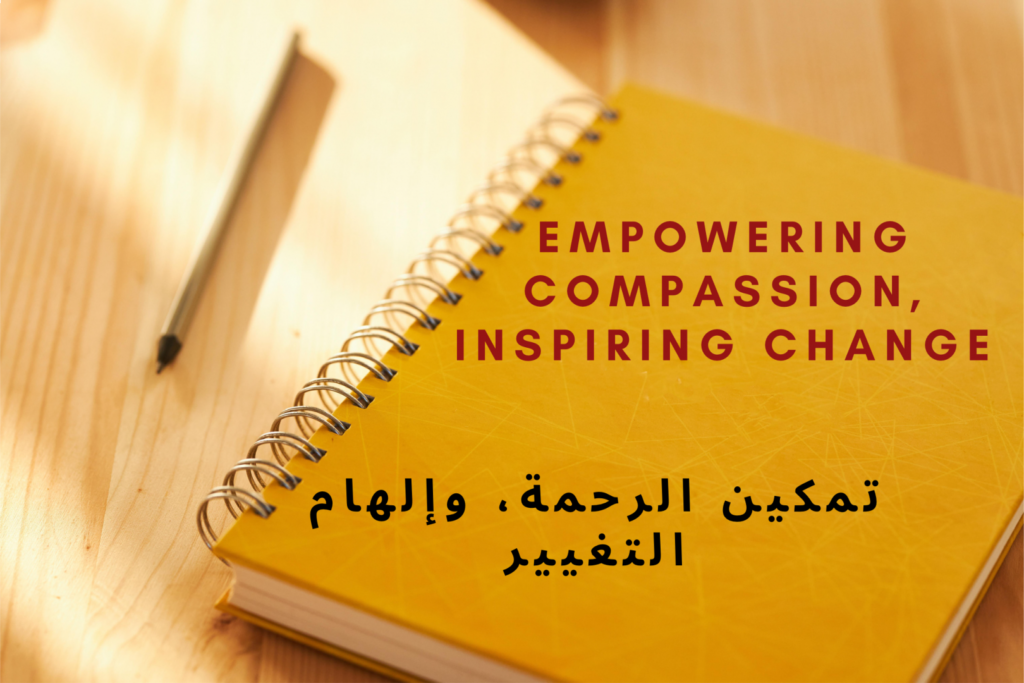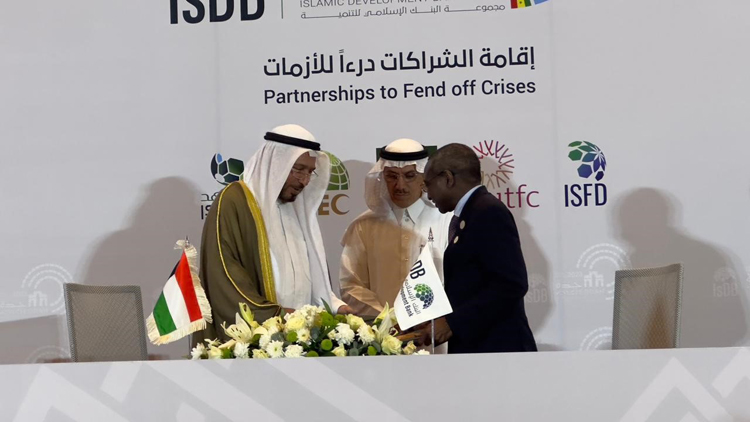The Organization’s collaboration with “Habitat” has been framed in a strategic cooperation agreement that was tested by the success
It has concluded a new partnership agreement with “Habitat” to implement the project
Qualifying 50 destroyed residential units in Gaza… Continuous support from the Organization for the humanitarian situation in Palestine
Al-Sumait: Successful partnerships maximize the impact…and international organizations should remove the concerns of charitable organizations in Kuwait
Gaza Strip suffers from a continuous humanitarian tragedy due to the oppressive blockade imposed against it by land, sea, and air for 15 years as well as the repeated violations
Dr. Irfan Ali: The 2021 Aggression on Gaza has led to the destruction of over than 1600 residential units in full, and 60 thousand units in part
The Organization’s collaboration with “Habitat” has been framed in a strategic cooperation agreement that was tested by the success of the restoration project of buildings damaged due to the Beirut Port’s explosion
Dr. Amira Al-Hassan: The restoration of Gaza’s houses paves the way for the return of the affected people to their normal lives, and provides new job opportunities to the inhabitants of the Strip
The giving of the IICO is continuous, constant, and unconditional, and it best represents Kuwait as a hub for humanitarian action in terms of building and reconstruction
Dr. Al-Shaqra: We have set technical, humanitarian, and economic criteria to select the neediest and most affected families from the aggression of May 2021
The unemployment ratio in Gaza is the highest internationally with a percentage of 47%, and the ratio of reliance on humanitarian aid has reached 50%
As part of its efforts to support the humanitarian situation in Palestine, the International Islamic Charity Organization (IICO) has concluded a new partnership agreement with the United Nations Human Settlements Programme (Habitat), which provides for implementing the restoration project for 50 houses that were destroyed due to the aggression on Gaza Strip within 12 months. The agreement signing was made with the attendance of the Deputy Palestinian Ambassador in Kuwait, Feras Al-Balawi, as well as the representatives of the UN programme in the Gulf, the Arab countries, and Palestine.
The IICO’s Director General, Eng. Bader Al-Sumait, noted, during the signing ceremony, that the total cost of the restoration of 50 residential units in Gaza Strip reached $ 575,232, indicating that the project aims at housing a number of Palestinian families with the most damaged houses due to the aggression on the Strip.
Furthermore, Al-Sumait indicated that this project comes within the constant humanitarian efforts of the IICO to support the humanitarian situation in Palestine, and particularly in Gaza Strip, where about two million Palestinian people live there. He also pointed out that the Strip suffers from a continuous humanitarian tragedy in all aspects of life, either due to the oppressive blockade imposed against it by land, sea, and air for 15 years, or the repeated violations that undermined the infrastructure in the Strip, destroyed houses, and public and private facilities. As well as ripped the economic and social fabric in Palestine, and left a profound effect on the living circumstances of the population.
In addition, he noted that one of the key objectives of the IICO, based on its strategic plan 2020-2024, is to establish effective strategic partnerships with local, regional, and international organizations, indicating that the Organization has signed an MOU with the United Nations Human Settlements Programme (Habitat) in 2014, out of its belief that partnership has become a strategic option. And that any humanitarian organization, whatever its capacities, cannot work solely in the humanitarian field.
He continued, “In order to translate the MOU, we have participated with the United Nations Human Settlements Programme (Habitat) as a financing entity in the restoration of over than 100 houses located in the districts affected by the Beirut Port’s explosion on August 4, 2020. As well as part of the IICO’s response to support the exerted efforts to contain the humanitarian effects of the explosion.”
Moreover, he described the partnership with the United Nations Human Settlements Programme (Habitat) as a successful and encouraging experience, and that the agreement on the restoration of the damaged residential units for the people of Palestine comes within this context. He also extended thanks and appreciation to his representatives for what they have shown of collaboration and transparency in providing the requests of the IICO including the list of beneficiaries’ names, as part of the interest in the ideal and professional implementation of the project.
He also expressed his hope that such efforts would contribute to the support of humanitarian response plans, the translation of the IICO’s strategic orientations that aim at building the humans and empowering them educationally, economically, and culturally, in order to make them capable of making positive change in their society.
On answering the press questions, Al-Sumait said, “The collaboration with the United Nations at the official level in Kuwait is very good, while the same with the local organizations is weak, which requires a transparent dialogue and a constant discussion in order to reach common solidarity and work. As no organization can solely meet the demands of the beneficiaries, particularly with the multiplicity and expansion of gaps. He also described the concerns of some organizations respecting the partnership with international organizations as mere fictitious impressions rather than real and actual facts, calling upon the charitable organizations to present their concerns to the international organizations through continuous communication and dialogue.
Furthermore, he noted that the IICO has entrusted the restoration of Gaza’s houses project to the United Nations Human Settlements Programme (Habitat), after the latter’s success in achieving the project of Beirut houses’ restoration. Following closed and open sessions that helped answer all the IICO’s queries and requirements in order to reach a constructive and fruitful work that leads to maximizing the impact.
Al-Sumait added that international organizations are also concerned with taking the initiative, removing the incorrect impressions, and answering the questions that could be realistic and need clarification, especially they may have some reservations and thoughts that have been formed at a certain stage, holding the international organizations responsible for addressing this gap through media and publications.
In the same context, the Director of the United Nations Human Settlements Programme (Habitat) for the Arabian Gulf territory in Kuwait, Dr. Amira Al-Hassan, has described the partnership between the IICO and the Programme as distinctive and reflects a state of mutual trust, as well as an extension to the continuous collaboration between the two sides. She also indicated that the Kuwaiti benevolence hands are always extended all over the world
In turn, the Director of the United Nations Human Settlements Program for the Arab Gulf Region in Kuwait, Dr. Amira Al-Hassan, described the partnership between the IICO and the program as distinct and reflects a state of mutual trust, and that it is an extension of the continuous cooperation between the two sides. While noting that Kuwaiti hands of goodness are always extended in various parts of the world, and that this project paves the way for the return of the affected people in Gaza to their homes and their normal lives, where housing, security and stability and provides new job opportunities for the people of the Strip.
Dr. Al-Hassan added that the IICO’s giving is extended, continuous and unconditional; and that it represents the State of Kuwait as a center for humanitarian work in the best way in building and reconstruction, hoping to launch new partnerships in the future.
She indicated that the settlements program coordinates its efforts in Kuwait with the Ministry of Foreign Affairs through the Departments of International Cooperation and Legal Affairs and in accordance with international agreements.
For his part, the regional representative of the Arab countries in the “UN-Habitat” program, Dr. Irfan Ali, through the “ZOOM” application, asserted that the home restoration project is one of the important and priority projects to return the Palestinians to their homes in the Gaza Strip after the May 2021 war, which resulted in large numbers of innocent victims. As well as the evacuation of more than 100,000 Palestinians from their homes and the destruction of infrastructure, including more than 1,600 housing units completely destroyed and nearly 60,000 housing units partially destroyed, noting that these people live in fragile humanitarian conditions.
Ali pointed out that the home restoration project is an actual contribution to helping the affected families and an appreciable contribution to improving their living conditions. It will also provide technical advice to the families targeted by the project, and direct cash grants to those affected through cash transfers.
He stressed that the program continues to communicate with international and governmental authorities to urge them to provide grants to rebuild the Strip and enhance the resilience of the living environment for the Palestinians in light of the need for 12,000 housing units for restoration and rehabilitation. In addition to its role in supporting the capacities of institutions in the Gaza Strip.
Ali expressed his thanks to the State of Kuwait for its pioneering role in supporting the program’s projects in Iraq, Lebanon and Palestine and humanitarian projects in general, pointing out that the IICO cooperation with “UN-Habitat” is framed by a strategic cooperation agreement, which has tested its success in the project to rehabilitate damaged housing due to the explosion of Beirut Port, which contributes in developing a partnership with IICO in the project of renovating Gaza homes.
In turn, the Director of the Office of the United Nations Human Settlements Program in Palestine, Dr. Ziad Al-Shaqra, that the program works to support the targeted families whose homes were damaged during the recent aggression by providing technical support and advice and supervising the damaged housing project. He indicated that the Gaza Strip was subjected to attacks and military operations during the period from 2008-2021 that exacerbated the conditions of human settlements, in addition to the repercussions of the continuous blockade on the Gaza Strip for 17 years.
Al-Shaqra explained that the unemployment rate in the Gaza Strip is the highest in the world at 47%, and that the rate of reliance on humanitarian aid has reached 50%.
In response to a question regarding the criteria for selecting the affected families, he said there are technical criteria, such as the damage to the house being severe and uninhabitable and humanitarian criteria, such as the breadwinner being a woman who needs assistance and the third being economic, such as the family’s lack of a permanent source of livelihood.
Cadre
Successful and fruitful partnerships with UN organizations
Al-Sumait welcomed the efforts of coordination, cooperation and building bridges with various local, regional and international humanitarian organizations, in order to support the process of joint humanitarian and development work.
Al-Sumait added that the IICO has successful and fruitful experiences with UN organizations, including the United Nations Human Settlements Program, United Nations Relief and Works Agency for Palestine Refugees, United Nations High Commissioner for Refugees, United Nations Office for the Coordination of Humanitarian Affairs “OCHA” and other UN offices and representations in Kuwait, the Gulf and conflict areas.
Cadre
$485 million in recovery needs from the effects of aggression in 2021
Dr. Irfan revealed that the World Bank Group, European Union and United Nations launched a rapid assessment report on the damage and needs in the Gaza Strip following the May 2021 war on the Strip, explaining that the needs for recovery and reconstruction of the Strip from the effects of the aggression are estimated at $485 million over two years.
The aggression resulted in heavy human losses and severe damage to the social, infrastructure and production sectors, as well as a deterioration in the living conditions of more than two million Palestinians in the Gaza Strip and 62% of people suffering from food insecurity.




